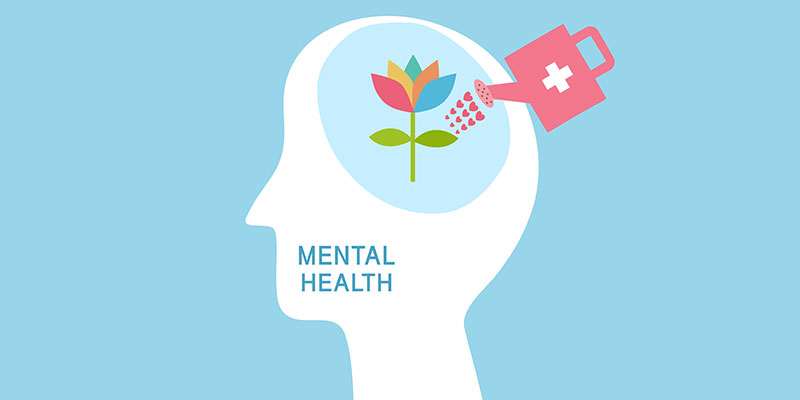- 98143 70700
- info@thehermitage.rehab
- 22, Circular road, Opp. VR Ambarsar, Amritsar
Addiction as a disease never discriminates against anyone. The only purpose it has is to degenerate and disintegrate where it has established its roots. Addiction is a deadly disorder if left untreated but the symptoms of the same start developing from a very early age. Often families take their time to bring the patient into treatment when things have gotten out of hand and when both the patient and the family have become affected by its presence. If anyone struggling with any kind of mental trauma, there is the best rehab center in India available that can help you out with the right guidance to get out of this vicious cycle that never comes to an end.
The cycle starts with mere habits of asking for money, lying here and there, and stealing a bit and then slowly this progress, families are left numb and speechless; thinking majorly one aspect, “Where did it go wrong?”
In my many years of service in this field, I have seen either marriage failing or sailing and let me tell you none of it is easy. Addiction is cunning and it makes a point of transforming the patient into someone their loved ones can’t recognise even when they want to bad. Marriages have to undergo sometimes hardest of times while one spouse is in addiction and some of the major concerns they face generally are;
Patients struggle to feel like their old selves while families themselves start losing touch with reality.
When wives, parents, brothers, and sisters come to me with the tales of their sorrow, they have one feeling in common; “This patient ruined our lives.” It is a challenge for my team and me, to help the families understand and then accept that their loved one and their patient are two separate people. They have to learn to differentiate and then detach themselves to make the right decision.
Because they are unable to detach, they keep on trying the same methods, they think would work on their loved ones. Alas, they never do.
Once they practise detachment, they can grasp the reality a bit better. They can make decisions that would have once scared them and they can understand where they have to let go and trust the treatment process.
Working on one’s own emotions is crucial as a family can either make or break the patient’s treatment. The more self-aware the family is, the more open they are to change and accept their vulnerabilities, and the chances of the patient’s treatment success rise higher.
Families can learn to manage their emotions when they start;
Addiction can become a draining disorder and it can change the ways you or your loved one behave, talk, or even spend time with each other. But all is not lost. With proper care, treatment, and regular follow-ups patient can bring himself/herself back to normalcy and achieve a life filled with happiness and sobriety.
The Hermitage Rehab – The leading luxury rehab in India offers special psychological treatment for patients with addiction and treats them with the right guidance. Every patient in addiction needs proper care and support for better recovery.

WhatsApp us